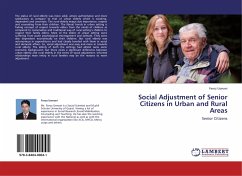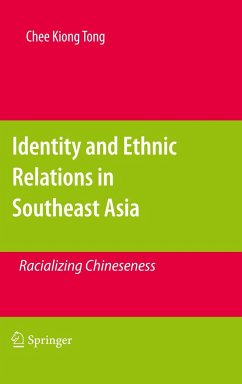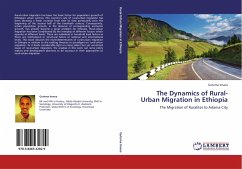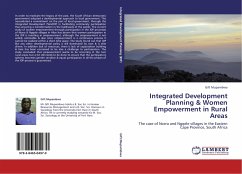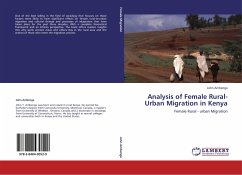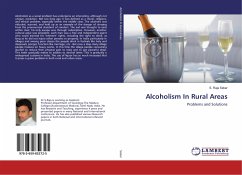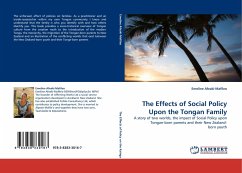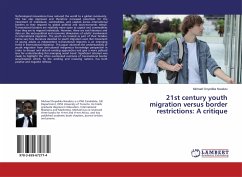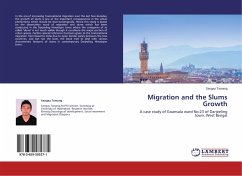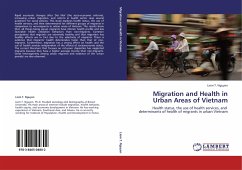
Migration and Health in Urban Areas of Vietnam
Health status, the use of health services, and determinants of health of migrants in urban Vietnam
Versandkostenfrei!
Versandfertig in 6-10 Tagen
52,99 €
inkl. MwSt.

PAYBACK Punkte
26 °P sammeln!
Rapid economic changes after 'Doi Moi' (the socio-economic reforms), increasing urban migration, and reform in health sector raise several questions for social policies. This study explores health status, the use of health services, and their determinants for different groups of migrants in comparison to non-migrants in urban areas of Vietnam. The results show that, all things being equal, migrants have inferior health profile and less favorable health utilization behaviors than non-migrants. Common perceptions that migrants are extremely healthy and that migration has healthy effects are in f...
Rapid economic changes after 'Doi Moi' (the socio-economic reforms), increasing urban migration, and reform in health sector raise several questions for social policies. This study explores health status, the use of health services, and their determinants for different groups of migrants in comparison to non-migrants in urban areas of Vietnam. The results show that, all things being equal, migrants have inferior health profile and less favorable health utilization behaviors than non-migrants. Common perceptions that migrants are extremely healthy and that migration has healthy effects are in fact due to the selectivity of migrants. There is evidence that migrants' health deteriorates faster than that of non-migrants. Furthermore, migration has a strong effect on health and the use of health services independent of the effects of socioeconomic status. The current literature that focuses on rich-poor disparities has neglected migrants because they have a higher average income than non-migrants. Great heterogeneity among urban migrants and evidence of the 'urban penalty' are also observed.



